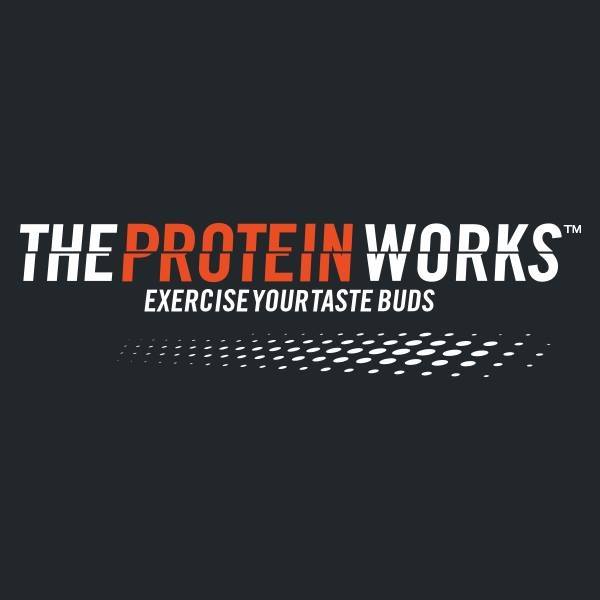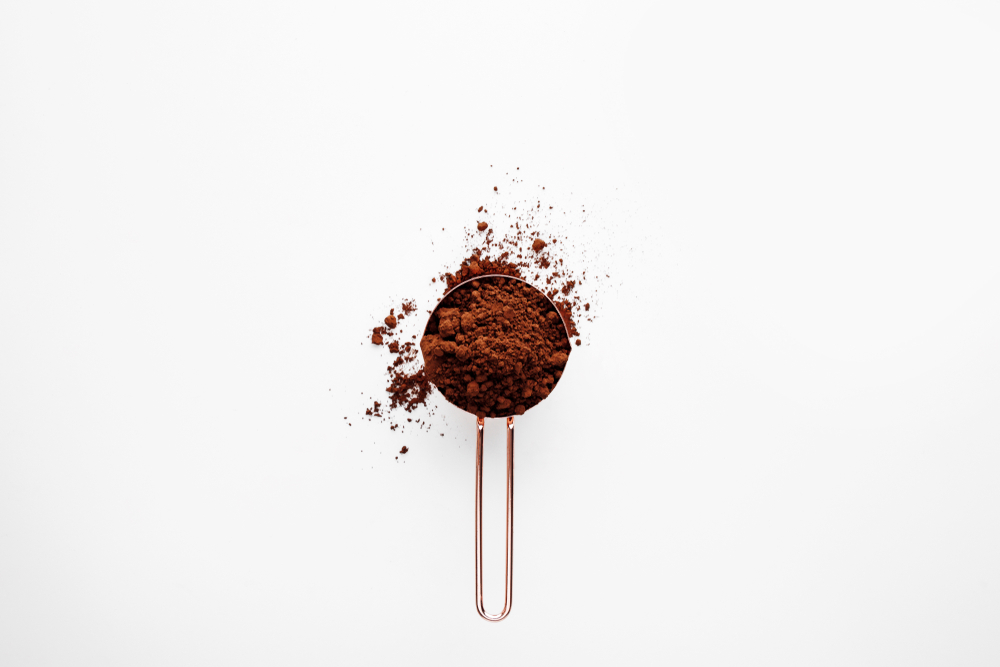
Is Rapid Fat Loss Best?
Fast fat loss and other quick-fixes for building a better body can work for some, but if you are wanting to keep as much muscle as possible, maybe even build some, make the dieting process enjoyable, make it achievable and keep the fat off, quick fixes are not the way to go!!!
Quick fixes of 1-10 week diet/training plans are everywhere and to be honest, why wouldn’t they be, when they sound sexy, hit your emotions and make the creator money?
It’s way more exciting to think you can get results immediately rather than over 6 months or so.
Many dieters that have tried quick fix diets say that they put the weight straight back on after dieting, indicating that a short-term, quick fix is stopping individuals from achieving long-term healthy lifestyles. The whole mindset of ‘I’m going on a diet’ suggests it has a start point and an end, but surely a healthy lifelong lifestyle would be best?
So what’s wrong with quick fixes and rapid fat loss?
1. More often than not, the protocol for a rapid transition will be drastic, and hard to sustain.
Yes, you will achieve results if you follow the protocol, but you will find it hard to maintain fat loss in the long term. With the protocol being so drastic and extreme you will probably fall off your diet at some point and then regain the weight back because the protocol was too impractical. It normally goes something like this, go on a new diet, lose some weight, unhappy due to the diet/training being too hard, give up, regain lost fat, and the cycle continues. This is very common amongst yo-yo dieters.
2. Quick fixes are also way too stressful and complicated, so the user gives up soon after starting, leaving them feeling like they have failed as they couldn’t adhere to the program.
Trying to start a lifestyle that is so different to their previous one is a recipe for disaster. For example it’s not practical to ask someone who doesn’t eat very well to start weighing all their food straight away and get to the gym 6 times a week, it’s hard to sustain. It doesn’t matter how keen or motivated you are, these programs/diets will be hard to stick to for someone who lives an unhealthy lifestyle. This can lead individuals thinking fat loss is something they will never accomplish.
3. Rapid fat loss can give false ideas about dieting/training.
You may see fast results in the first couple of weeks, but fat loss is never linear and so you cannot expect to keep losing fat at the same rate on the same number of calories week in week out. At first the weight loss comes quickly; it’s not uncommon to see loses of 10+ pounds. You feel awesome and are praised for your efforts.
But how do you feel if you do not change the following week?
You could feel like a complete failure, frustrated and disappointed and the protocol has been a waste of time.
This is just one reason I feel you should only weigh yourself once per week, on the same day, at the same time wearing the same thing, as body weight and image can fluctuate daily.
4. Rapid fat loss protocols do not teach you how to achieve and maintain results in the long term.
This is so important because keeping the fat off is critical to success. Most quick-fix programs are very rigid and lack any flexibility or enjoyment and this teaches the user nothing about building and maintaining healthy lifestyle habits.
I don’t care if someone looks great just for summer having lost shed loads of fat. I am more impressed and happy if they can maintain that body with ease, long term, without revolving their life around a diet or rigid gym schedule.
5. Quick fix diets are renowned for banning foods and labelling foods as ‘clean/unclean’ ‘bad/good.’
This will build an awful relationship with your food and can easily lead to you becoming very OCD about your food, leading to disordered eating habits.
Restriction and only ‘clean’ eating can cause an illness known as orthorexia, an illness defined as a “fixation on righteous eating.” Orthorexia starts out as an innocent attempt to eat more healthily, but orthorexics become fixated on food quality and purity. – https://www.nationaleatingdisorders.org/orthorexia-nervosa. This is an awful situation to be in as it effects your social life, mood and leads to many emotional issues with your diet. It doesn’t matter how fit or healthy someone is or looks, orthorexia is common amongst many athletes, fitness models and physique competitors.
So whenever you start any diet always ask yourself, ‘“can I see myself eating more or less the same food choices that I am today, a year down the line?’
If the answer is ‘no,’ then your diet is probably not sustainable nor enjoyable.
Diet adherence has been shown to be an important part of any diet. (1) If you don’t like the food in the diet, or do not like the food the diet forbids, it won’t work. In study after study, those with the best adherence to their diet, lose the most weight, no matter if it’s low carb, low fat, or anything in-between.
Believe me on this I know!
In most scenarios, when someone bans certain types of food, this can lead to binges if they end up eating the banned food and chucking the diet in. The binge-guilt cycle can then start. Speaking from experience, it takes a while to break free from these bad habits. You should want to be able to eat delicious food you enjoy, guilt free, and maintain the physique you want!
To try and build a healthier relationship with food check out my post – https://www.facebook.com/ScottEdmed.PhysiqueAthlete/photos/pb.141378622718217.-2207520000.1418909975./285699968286081/?type=3&theater
6. The failure rate is high for a reason
These ‘diet’ companies want you to fail. Actually they need you to fail, because they need to feed off your desperation in order to keep you coming back and paying money. These diets are possibly one of the most extreme approaches out there. For example meal replacement drinks are no sensible way to make lifestyle alterations. We have to stop looking at the quick fix nature and look to learn about a healthy lifestyle and our relationship with food.
I encourage you to ditch the quick fix mindset and build healthy lifestyle habits over time, it doesn’t matter what your goals are, lose fat, build muscle, maintain. Look at your relationship with food. Is it healthy? Are your choices healthy?
So the bottom line:
A very small amount of people with the correct mindset will be able to follow quick fixes, and keep to it. But as you saw above, there are plenty of negatives to a quick-fix approach and some effect more than others. Over time, slow fat loss has been shown to be more sustainable, preserve more muscle, more enjoyable, teaches healthy habits and is better for long term results. So do not go searching for the magic diet or supplement that burns the fat in no time at all; set short and long term goals, weekly monthly and yearly goals, but do not become obsessed with them. If one week you do not lose any weight, do not panic, and do not let this discourage you.
Be proud of everything you accomplish, and where you have come from.
Improving your health, performance, and physique need not be complicated, making one small, easy lifestyle change at a time if necessary. Master that and then incorporate a new one.
References –
1. Dansinger ML1, Gleason JA, Griffith JL, Selker HP, Schaefer EJ. Comparison of the Atkins, Ornish, Weight Watchers, and Zone diets for weight loss and heart disease risk reduction: a randomized trial. JAMA. 2005 Jan 5;293(1):43-53







No Comments yet!